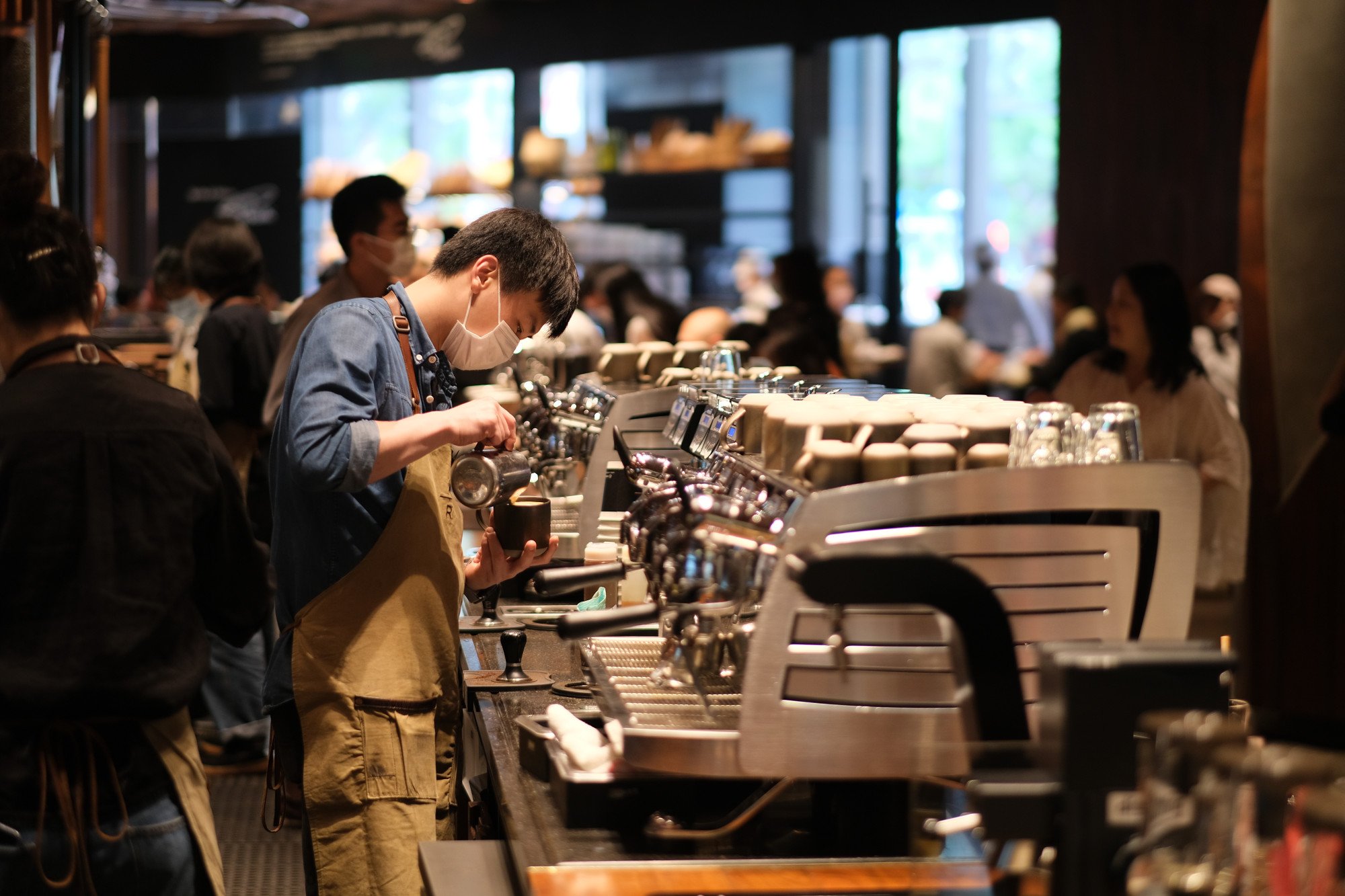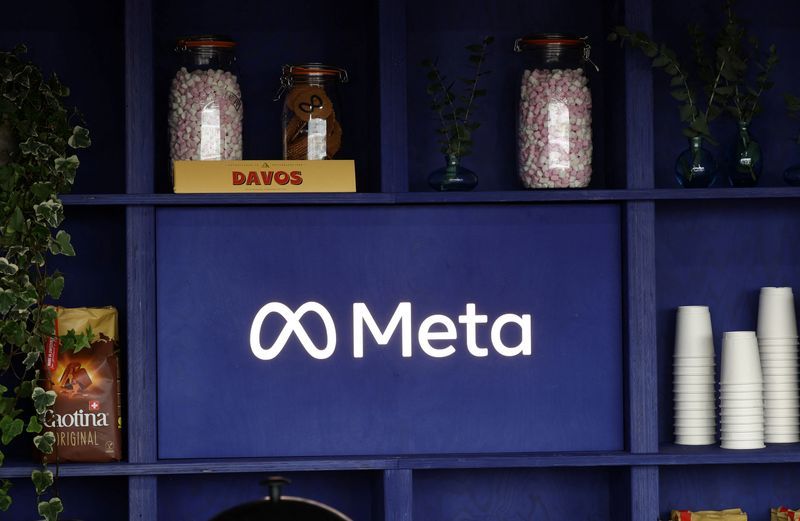
Shanghai Hi-Dolphin Robot Technology aims to cut down the costs of operating coffee shops to revive the industry, says founder Philip Han. — SCMP
Philip Han believes his robots can revolutionise the coffee business in Shanghai and beyond.
Founded in 2018 in the eastern Chinese metropolis – the city with the most cafes in the world, according to the local government – Shanghai Hi-Dolphin Robot Technology’s mission is to reduce the cost of brewing a good cup of Java and bring down its price: a win-win situation for both business owners and customers.
The company’s solution is Cofe+, a self-contained cuboid booth equipped with all the equipment and ingredients needed to make coffee – Americano or cappuccino, hot or iced. At the centre of the booth is a four-axis robot arm that fills empty cups, covers them with lids, and hands them over to customers.
Complete with grinders and ice makers, the kiosk can prepare a drink in roughly 50 seconds, without a single human barista involved. When fully loaded, each booth can supply around 300 beverages, the firm said.
In some ways, robots are better baristas than humans, according to Han.
“Humans can be forgetful, emotional and careless ... and sometimes they pick or blow their noses,” he said. The Cofe+ machines, on the other hand, are protected by glass and equipped with patented anti-insect and antibacterial technology. Pipelines are automatically cleaned and disinfected, and milk is kept at a constant temperature to keep it fresh for 72 hours.
But the biggest advantage of robotic kiosks lies in cost savings, according to Hi-Dolphin. Compared to running a regular cafe, operating a fully automated booth costs around 90 per cent less, the company said.
It takes no more than 30 minutes to refill a kiosk and get it ready for the next cycle, so a maintenance person can take care of up to 10 kiosks a day, according to the company’s website. Each machine sells for between US$50,000 (RM210,416) and US$60,000 (RM252,499) overseas, and lasts for about 10 years, Han said.
That has proved to be a major selling point in international markets, according to Han.

“It’s much easier to promote (the booths) overseas, because the labour costs are higher (in developed economies),” he said. The company has set up nearly 1,000 coffee booths in over 30 foreign countries, as well as 15 Chinese provinces, Han said, adding that the start-up plans to extend its footprint to around 20 more countries by the end of the year.
Hi-Dolphin hopes that its technology can also help China’s coffee shops survive a downturn in the domestic economy. Some 44,000 cafes have closed in the country in the first 10 months of last year, leaving fewer than 192,000 cafes still operating as of late October 2023, according to Chinese food and catering industry intelligence firm Canyin88.
Although most of the cafes that closed were independent businesses, some popular chains have also been shrinking their presence on the mainland in recent years, including Shanghai-founded Seesaw Coffee, South Korea’s Caffe Bene and Hong Kong’s Pacific Coffee.
Hi-Dolphin’s kiosks can be installed in a variety of places, according to the firm. The Cofe+, launched in 2019 and currently in its 5.5 generation, can be found in over 500 locations, including hospitals, museums and outdoor areas like streets and parks, Han said.
The company has also developed a fortified version of the Cofe+ that it said can cope with extreme weather, such as storms and electromagnetic interference. – South China Morning Post









































